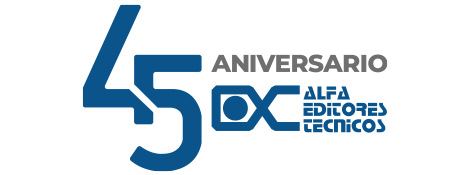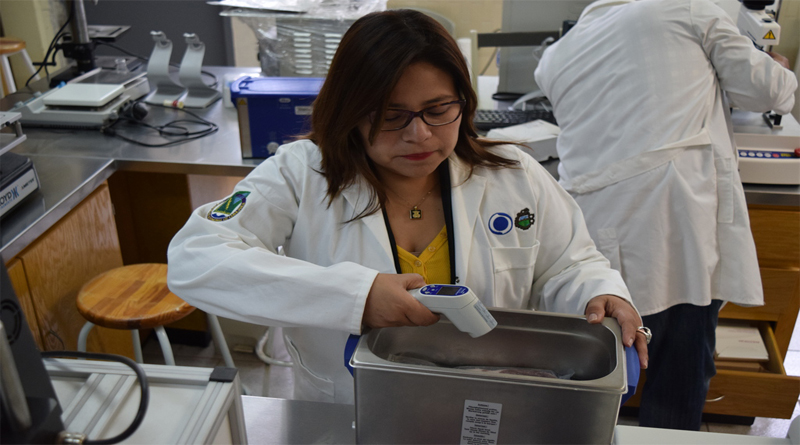ProVeg is challenging the proposal that would prohibit producers of vegan or vegetarian food from labeling their products with words that traditionally refer to animal-based foodstuffs.
Vegetarian and vegan product development could be held back by the EU’s proposed ban on using terms such as “veggie burger,” “vegan sausage” and “milk alternative” in relation to plant-based food. This is the assertion of ProVeg International, which claims that such a ban is “unnecessary” and a “patronizing restriction,” which will stifle positive change. The association has just launched a campaign to stop the legislation from being passed amid concerns that it would unnecessarily restrict vegetarian and vegan manufacturers and producers at a time when the plant-based sector is booming.
ProVeg International says that there is no evidence to suggest consumers are confused or misled by the current labeling of vegetarian and vegan alternative products.
To suggest that consumers do not understand the meaning of the word “veggie burger” and other similar terms is ‘an insult to their intelligence,’” says German-based food awareness organization ProVeg.
“The inclusion of burger or sausage wording in a vegetarian product is also important for consumers to know what flavor or texture to expect from a certain product. The EU is seeking to solve a problem that doesn’t exist and, as a result, could really damage businesses that label their products appropriately,” says Felix Domke, Head of Politics at ProVeg.
“When even descriptions such as ‘a vegetable alternative to yogurt’ would contravene regulations in their use of the word ‘yogurt,’ it is clear that this confusing policy needs to be replaced with a better solution,” he claims.
ProVeg sees the plan as a “step backward,” and any new law would not only harm companies selling these products but confuse the public with unclear labeling.
However, the EU’s position is that the meat alternatives market should be more closely scrutinized.
Supported by the EU’s Committee on Agriculture and Rural Development (AGRI), the proposals would mean a whole host of terms that are currently being used to describe plant-based foods would fall foul of the new regulations.
Names that are currently used for meat products and meat preparations shall, under this EU plan, be reserved exclusively for products containing meat, for instance, designations include steak, sausage, escalope, burger and hamburger. This follows a previous 2017 judgment on purely plant-based products not being allowed to be marketed with designations such as “milk,” “cream,” “butter,” “cheese” or “yogurt.”
An amendment was adopted by the Agriculture Committee last month which says: “Names that fall under Article 17 of Regulation (EU) No 1169/2011 that are currently used for meat products and meat preparations shall be reserved exclusively for products containing meat. Poultry products and cuts defined in Regulation (EU) No 543/2008, which lays down detailed rules for the application of Council Regulation (EU) No 1234/2007 as regards the marketing standards for poultry meat shall be reserved exclusively for edible parts of the animals and products containing poultry meat.”
The text approved now still has to be scrutinized by the Parliament as a whole. This can happen only after the 23-26 May European elections.
The row comes at a time when plant-based innovation is flourishing. Growing consumer interest in health, sustainability and ethics are driving plant-derived ingredients and products into high popularity. Plant-based product claims increased by 62 percent globally (CAGR, 2013-2017) with growth occurring on platforms such as plant proteins, active botanicals, sweeteners, herbs and seasonings and coloring foodstuffs, reports Innova Market Insights.
There has also been a 45 percent average annual growth of food and beverage launches with a vegan positioning (CAGR, 2013-2017). New launches with a vegan positioning increased its market penetration in Europe from 1.5 percent in 2013, to 7 percent in 2017, notes Innova Market Insights.
Big brands and foodservice giants are also tapping into the increasing demand for vegan products as more consumers seek out meat and dairy-free alternatives on supermarket shelves and while eating out. The jump in vegan eating continues to push up new product development in this space.
Last month, McDonald’s Germany launched a vegan burger for the first time, made with Nestlé’s plant-based Incredible Burger made from soy and wheat proteins. This closely followed Burger King starting to trial Impossible Foods’ meatless patties in restaurants in St. Louis, US and now the fast food giant plans to roll out its plant-based Impossible Whopper throughout the US.
Meanwhile, in March, a survey revealed that one in four consumers in the US and UK believes that vegetarian products should not be allowed to have meat-related names like sausage or burger.
What’s next?
The issue of designation is obviously important to both industry and consumers and any judgment has wide implications for the food industry, particularly innovators in the meat analog and plant-based spaces.
Ahead of the European elections later this month, ProVeg is urging European consumers to lobby their respective MEPs or standing candidates as well as sign its own petition.
Source: Food Ingredients First










